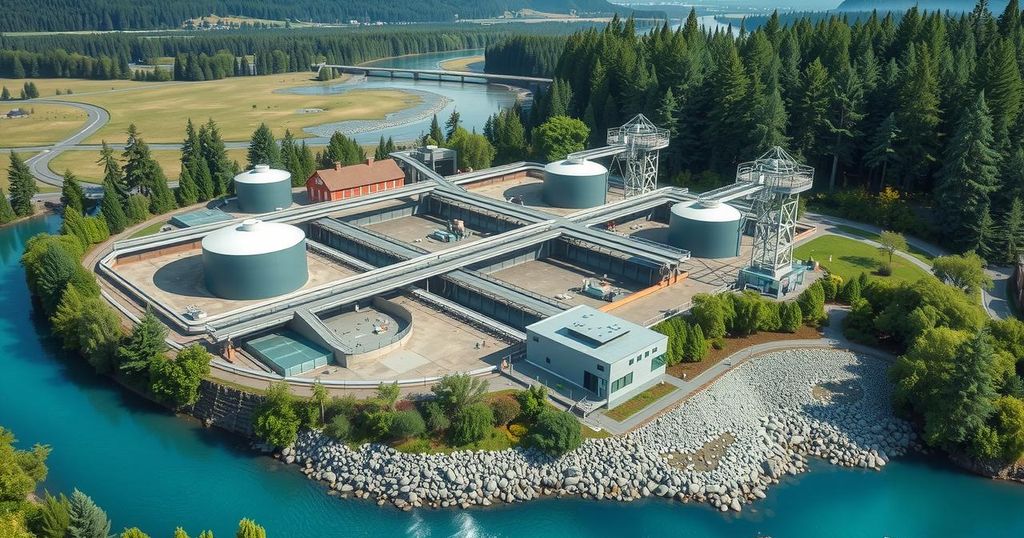Brazil will host world leaders’ speeches on climate action on November 6-7, prior to COP30, in a bid to alleviate logistical challenges in Belém. This decision has elicited mixed reactions from climate advocates regarding its potential impact on negotiations. The Amazon rainforest setting symbolizes the urgency of climate action, despite concerns about infrastructure and environmental implications.
Brazil has announced that world leaders will deliver their addresses on climate action prior to the commencement of COP30 on November 10. Scheduled for November 6 and 7, this change aims to alleviate the logistical challenges associated with hosting delegates in the medium-sized Amazon city of Belém.
Historically, heads of state have addressed the conference during the initial days. Valter Correia, extraordinary secretary for COP30, stated, “The [World Leaders’] Summit is part of the COP, and the decision to bring it forward was made by Brazil… [it] will help us better organise the event’s official opening.”
Responses from climate advocates regarding the adjustment have been mixed. Natalie Unterstell, president of the Talanoa Institute, expressed concerns that separating the summit from the negotiations might diminish media impact. “Splitting the World Leaders’ Summit from the actual negotiations is like having the opening act perform after the main show,” Unterstell remarked. Meanwhile, Alden Meyer from E3G defended the decision, saying it could foster political momentum for Brazil’s objectives.
This year’s COP will take place in Belém, a city symbolically significant due to the Amazon rainforest’s role in combating climate change. However, apprehensions have been raised about the city’s capacity to accommodate the influx of delegates. COP30 president André Aranha Corrêa Do Lago emphasized the necessity of hosting the talks in the Amazon, stating that the location highlights the impact of rainforests in climate mitigation efforts.
Concerns regarding security and infrastructure have surfaced, leading the Brazilian government to develop plans for additional accommodations. Reports indicate plans to create 26,000 new beds using diverse resources, including river cruise boats and schools. However, the construction of a new highway has drawn criticism for its potential environmental impact. Notably, it is contested whether this highway is directly related to COP30 logistics as suggested by some reports.
Brazil’s initiative to schedule world leaders’ speeches prior to COP30’s official start reflects a strategic move to address logistical constraints. While the decision has garnered both support and criticism from climate activists, it underlines the importance of the Amazon rainforest as a venue for global climate discussions. The challenges of hosting such a significant event in Belém reveal the delicate balance between logistics, security, and environmental conservation that future summits must navigate.
Original Source: www.climatechangenews.com




